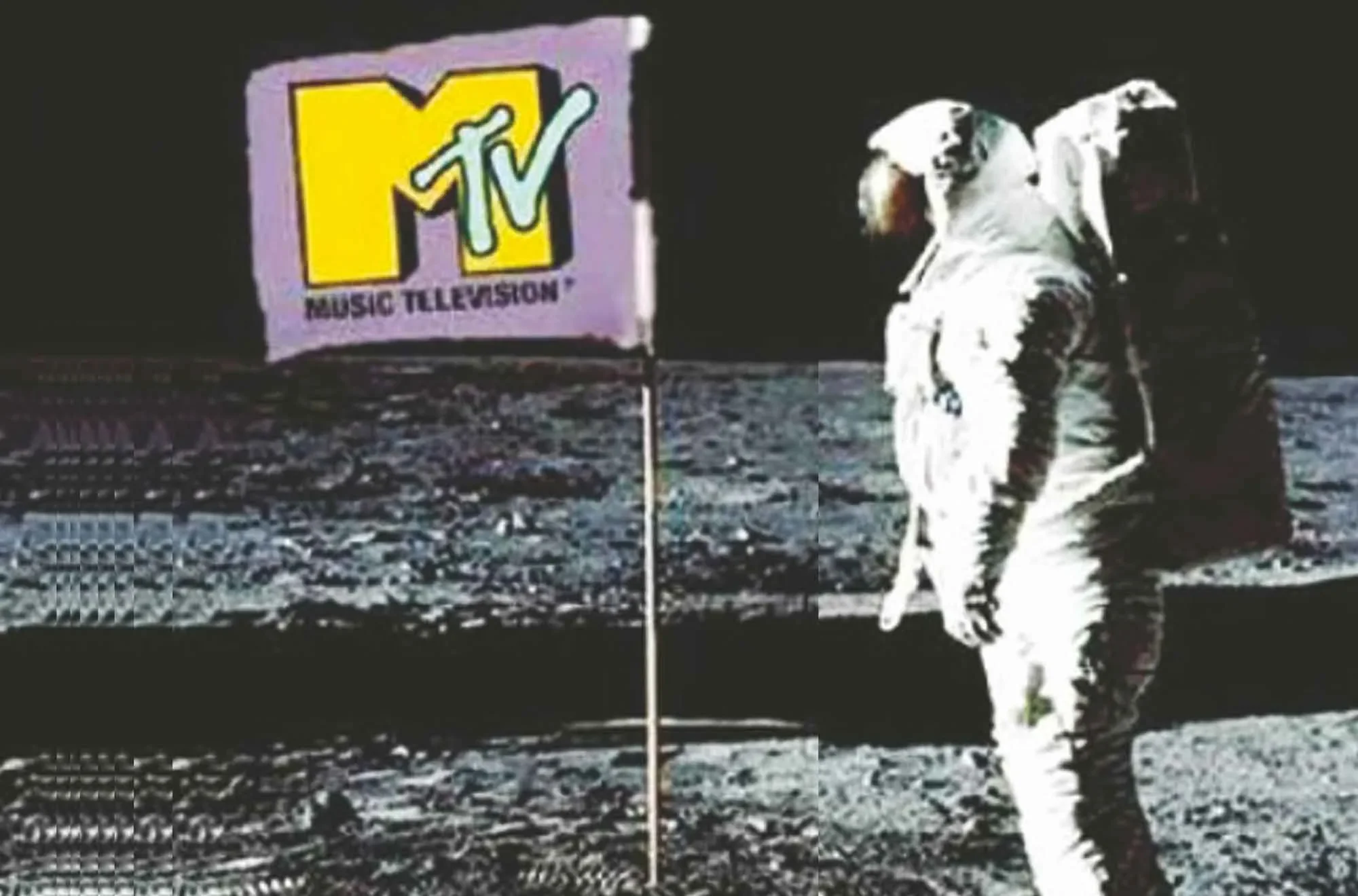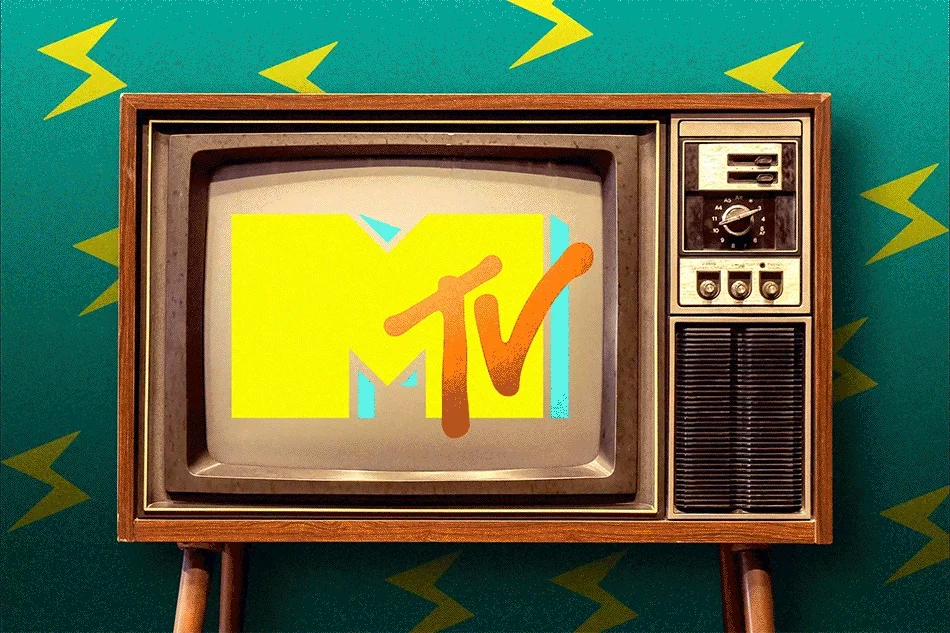MTV to Shut Down Five Music Channels in the U.K. After 40 Years of Broadcast History
MTV
The end of MTV’s music era feels less like a surprise and more like the closing note of a song that’s been fading for decades.
MTV — once the loudest voice in youth culture — is going silent in parts of the world that helped make it iconic.
According to reports from the BBC and Newsweek, the network will cease broadcasting five of its U.K. music channels at the end of this year, marking the latest contraction in a brand that once defined modern pop culture.
The affected networks — MTV Music, MTV 80s, MTV 90s, Club MTV, and MTV Live — will go off-air on December 31, while MTV HD, the flagship U.K. feed, will remain. The decision will not impact the U.S. MTV networks, including MTV, MTV2, MTV Live, MTV Classic, and MTV Tres, which will continue broadcasting as usual.
It’s another symbolic step in the gradual unraveling of MTV’s original identity. What began in 1981 as a revolution in televised music — 24-hour music videos, VJs, countdowns, and the birth of the “visual single” — has slowly shifted toward reality-driven programming. For many, MTV’s pivot started in the early 2000s with The Real World, Teen Mom, and Jersey Shore, shows that turned the once-music-first network into a lifestyle entertainment brand.
MTV
These regional channels, however, still carried the DNA of the old MTV. They were among the last spaces where audiences could find pure, uninterrupted music programming — nostalgic throwbacks to decades when “I Want My MTV” meant actual music. But as audiences migrate to YouTube, Spotify, and TikTok for visual music experiences, traditional television outlets for music have become relics of a pre-streaming generation.
POPULAR ON THE CINEMA GROUP
In many ways, this moment has been a long time coming. MTV shuttered its news division in 2023, following the earlier closure of MTVU as a campus network in 2018. What’s left is a brand caught between eras — too nostalgic for digital-first audiences, yet too rebranded for those who remember what it used to stand for.
Still, MTV’s cultural footprint remains unmatched. It gave birth to the modern music video, broke the color barrier in the early 1980s by championing Michael Jackson’s Thriller and Billie Jean, and created a blueprint for how music and image could merge to sell both identity and art. Even as it fades from cable lineups, its legacy lives on — in every artist, platform, and playlist that treats visuals as vital as sound.
The network that once told a generation to “turn it on” is finally turning some of its lights off. But MTV’s influence — from the music video to the meme — is too deeply wired into pop culture to ever fully disappear.























